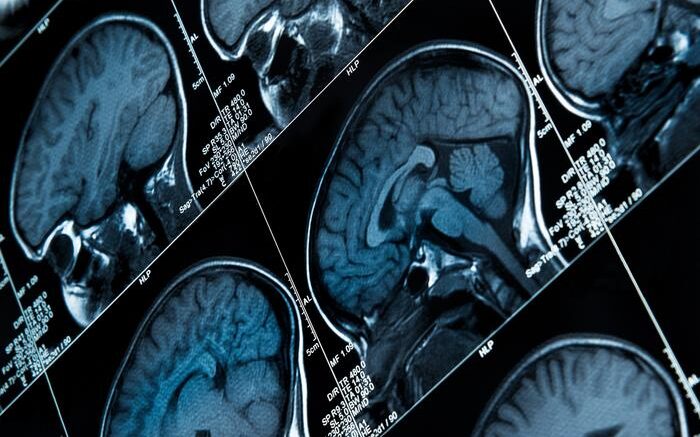New research shows people with epilepsy had a higher risk of being hospitalised with COVID and of dying from COVID during the first 15 months of the pandemic, new research led by Swansea University and the University of Edinburgh has found.
The study focused on 27,000 people with epilepsy in Wales. Amongst this group there were 933 admissions to hospital for COVID, a rate that is 60% higher than a comparable group of people without epilepsy. There were 158 deaths, a rate which is 33% higher than the rate of the control group.
The 27,000 people studied were compared with a control group of 135,000 people who matched on other key criteria - sex, age, other health conditions, socioeconomic status - but who did not have epilepsy.
This allowed the researchers to isolate epilepsy as a factor and see some of the effects of COVID on people living with epilepsy in Wales in the early stages of the pandemic.
Epilepsy is a serious neurological condition that can affect anyone, at any age and from any walk of life. It affects around one in every 100 people - 30,000 in Wales and 600,000 across the UK. Every day, 87 people are diagnosed.
Epilepsy Action, a charity supporting all affected by epilepsy, was one of the partners in the research, together with the University of Edinburgh. The project was funded by Health and Care Research Wales.
The research is based on anonymised health data for the 3 million people in Wales, which is routinely collected and securely stored in the SAIL databank at Swansea University.
Using this invaluable resource, the team analysed data on areas such as health status, use of GP services, hospital admissions and causes of death, over the period from March 1, 2020 to June 30, 2021, comparing the group with epilepsy against the control group and rates before the pandemic.
The key findings from the team’s analysis of the data were:
- People with epilepsy had a 60% higher risk of being hospitalised with COVID, and a 33% higher risk of dying from COVID, compared to the control group, even after adjusting for the effect of other health conditions;
- There was a significant reduction in new epilepsy diagnosis, compared to the period before COVID;
- There were also fewer emergency department attendances, hospital admissions and outpatient appointments for people with epilepsy;
- Although all-cause deaths for people with epilepsy did not increase and there was reduction in non-COVID-19 deaths there was a small increase in epilepsy-associated deaths;
- There did not seem to be an increase in the most severe form of seizure (status epilepticus) during the pandemic.
Dr. Owen Pickrell, consultant neurologist and honorary clinical associate professor at Swansea University Medical School led the research team with professor Richard Chin from Edinburgh University
Pickrell said, "The COVID-19 pandemic had significant effects on healthcare and it is important to try and understand its full implications for people living with long-term conditions such as epilepsy. People with epilepsy were at higher risk of COVID hospitalisations and deaths, but it is not clear exactly why. Further research is needed in this area.”
Professor Richard Chin from Edinburgh University, who co-led the research, said, “This work demonstrates the strengths of using routinely collected health data for research and of working collaboratively. People with epilepsy and their doctors need to remain aware of the potential impact COVID-19 can have on people with epilepsy.”
Huw Strafford, lead data analyst in the team at Swansea University, said, “This work benefited from data available at the world-leading SAIL databank, based here in Swansea. Our research also showed that there were fewer new diagnoses of epilepsy and fewer contacts with health services by people with epilepsy, during the period we examined.”
The new research has been published in two new papers in the journal Epilepsia.
Source: Swansea University
